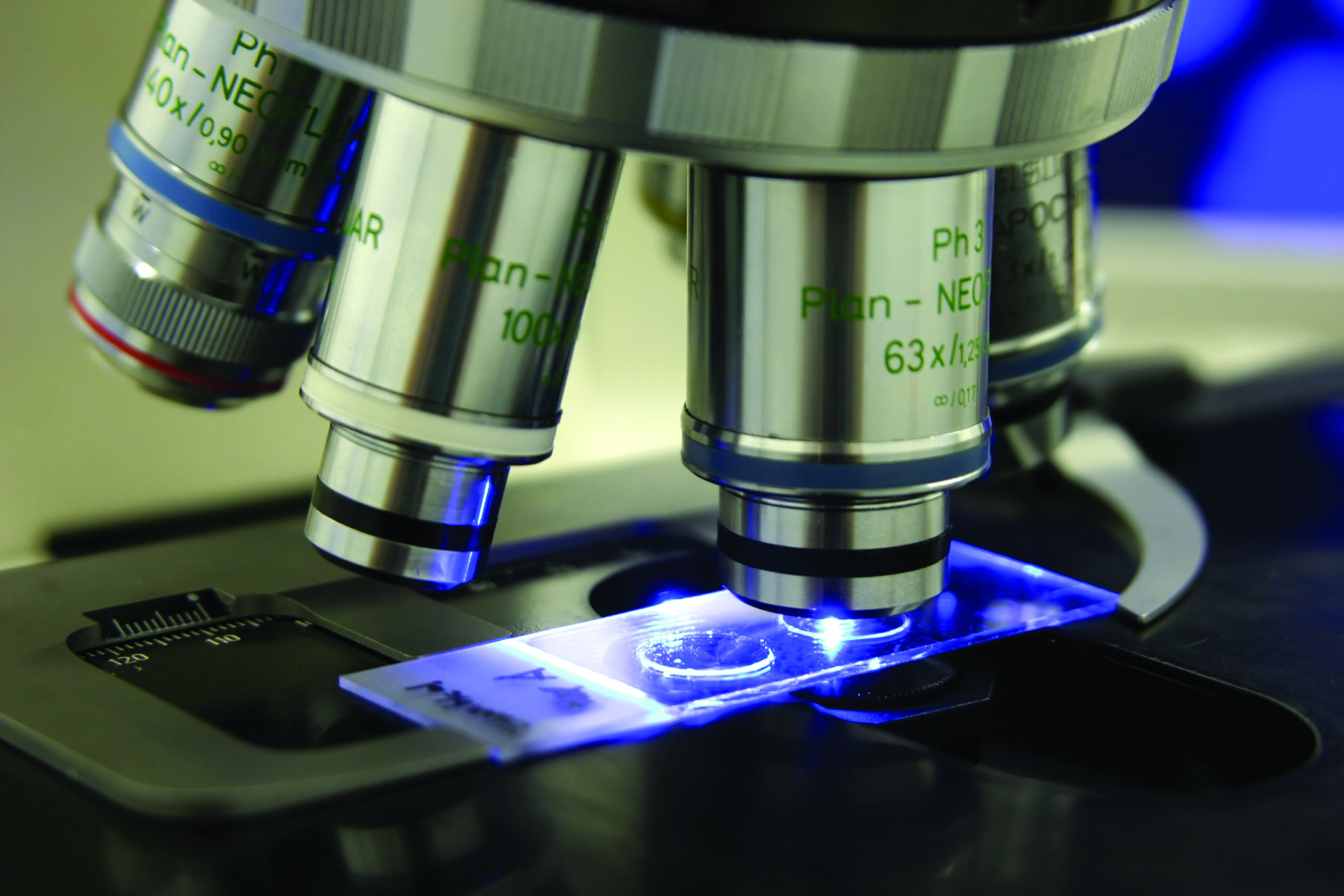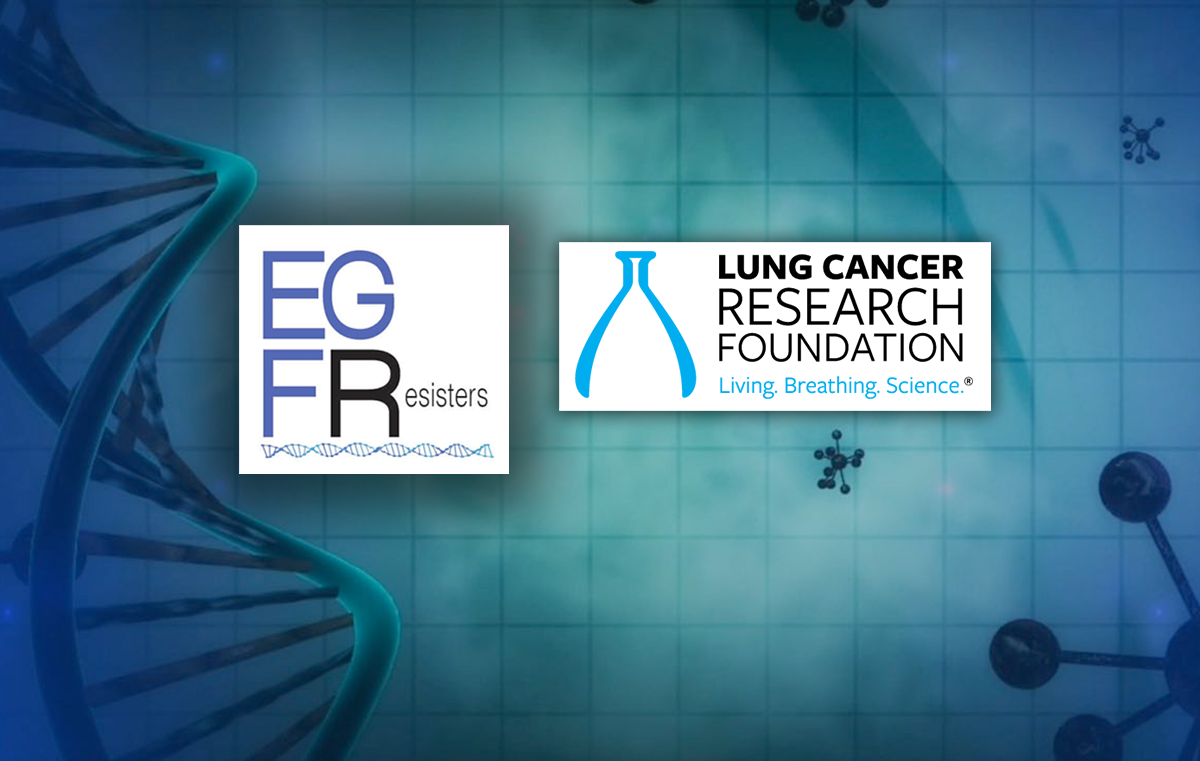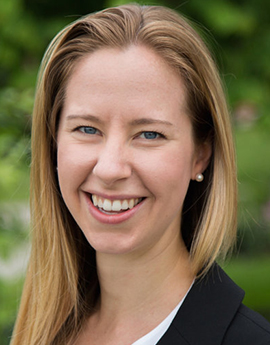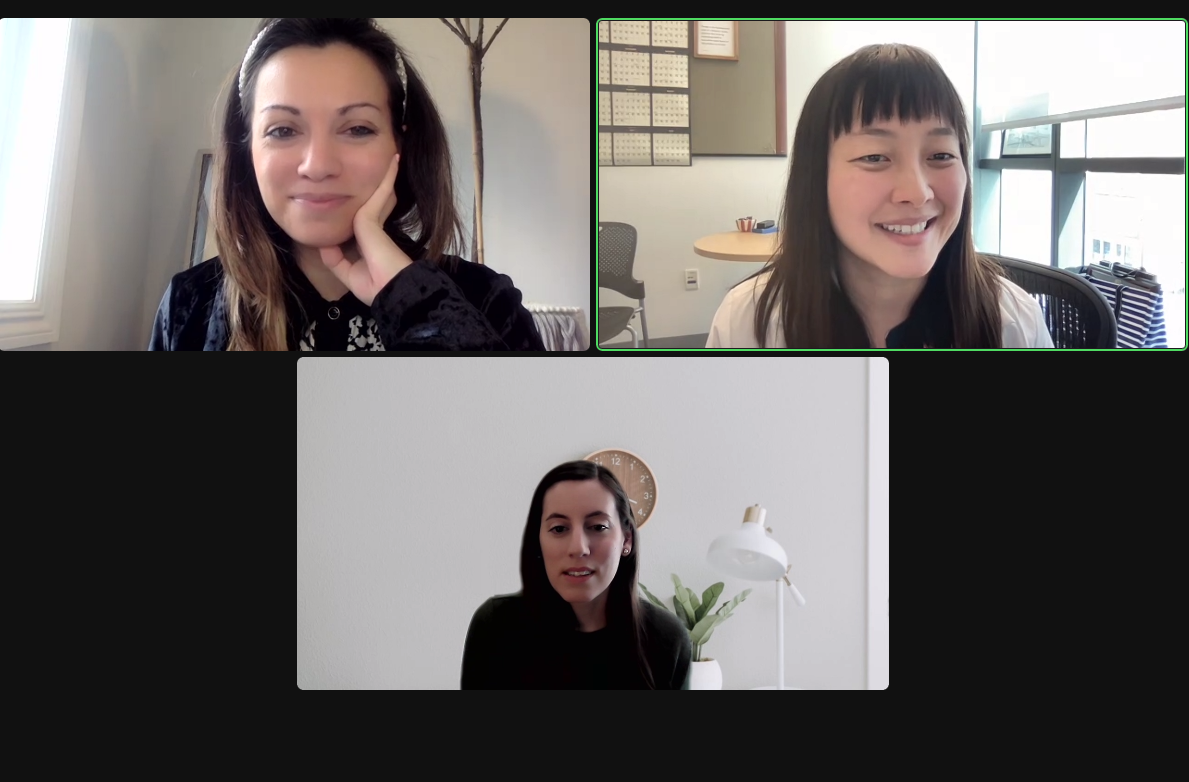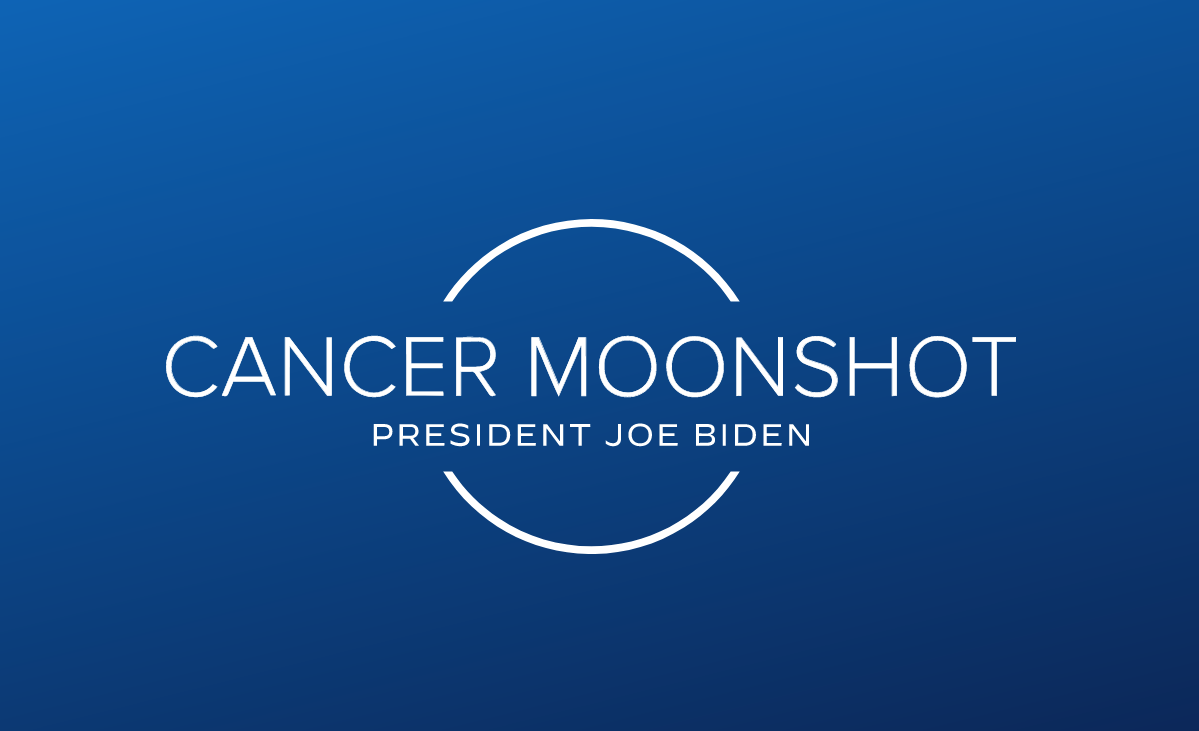In second year of partnership, groups introduce 2022 grant mechanism for EGFR positive lung cancer
NEW YORK, NY (March 10, 2022) – The Lung Cancer Research Foundation (LCRF) and the EGFR Resisters, in their second year of a research award partnership, announce their intent to fund at least two new grants specific to EGFR positive lung cancer in 2022.
In 2021, the EGFR Resisters funded one of LCRF’s Pilot Grants awarded to Yang Tian, PhD, from the Icahn School of Medicine at Mount Sinai, whose research project is titled “Targeting lung lineage plasticity to suppress Osimertinib-induced drug-tolerant persisters.” Although there has been an increase in progression-free survival in patients with EGFR-mutated lung cancer due to targeted therapy with EGFR TKIs (Tyrosine Kinase Inhibitors, commonly known as TKIs), the cancer eventually develops acquired resistance.
The EGFR Resisters and its members are responding to the urgent need for additional research to combat treatment resistance by partnering with LCRF on a new oncogenic-driver specific grant track in 2022.
“Patient led and funded research can uniquely address the specific unmet needs of patients,” says Jill Feldman, co-founder of the EGFR Resisters. “When patients are true partners in research, we can provide input that will drive research that is important and meaningful to our community.”
“Research has come so far since I was diagnosed in 2013, but we still need more options,” added Ivy Elkins, also a co-founder of the EGFR Resisters. “Through the strength of our motivated and active community of patients and caregivers, we have this opportunity to directly impact the research in EGFR positive lung cancer.”
For the new grants available, the members of the EGFR Resisters raised more than $200,000 for lung cancer research in 2021 and are targeting a total of $300,000 for 2022.
“The passion and commitment of patient groups to advance lung cancer research is unmatched,” remarked Dennis Chillemi, Executive Director of LCRF. “The EGFR Resisters are trailblazers in this respect and have led the way for other patient groups to speed the advancement of research that will directly impact the survival of patients with lung cancer. LCRF is honored to be a partner with the EGFR Resisters in achieving this goal.”
###
About the Lung Cancer Research Foundation (LCRF)
The Lung Cancer Research Foundation® (LCRF) is the leading nonprofit organization focused on funding innovative, high-reward research with the potential to extend survival and improve quality of life for people with lung cancer. LCRF’s mission is to improve lung cancer outcomes by funding research for the prevention, diagnosis, treatment, and cure of lung cancer. To date, LCRF has funded 394 research grants, totaling nearly $39 million, the highest amount provided by a nonprofit organization dedicated to funding lung cancer research. For more information about the LCRF grant program and funding opportunities, visit LCRF.org/research.
About the EGFR Resisters
Founded in 2017 by six patients and one caregiver, the EGFR Resisters is a grassroots, patient-driven community of patients and caregivers living with and/or personally affected by EGFR positive lung cancer. The group has a closed Facebook group for members to connect and share best practices, and it communicates with the broader EGFR community through a website, monthly newsletter, and social media. With close to 3,500 members in almost 90 countries, the EGFR Resisters aims to improve outcomes for all those with EGFR positive lung cancer by supporting patients and caregivers, increasing awareness and education for community members, improving access to effective diagnosis and treatment, and accelerating and funding research. The mission of the EGFR Resisters is to understand the unmet needs of the community and to use the strength of collaboration to drive important research questions and fund novel research and clinical trials. For more information about the EGFR Resisters, please visit egfrcancer.org.
Contact:
LUNG CANCER RESEARCH FOUNDATION
Sheila Sullivan
Sr. Director, Marketing & Communications
ssullivan@LCRF.org
EGFR Resisters
Laura Book
Media Contact
egfrresisters@gmail.com



